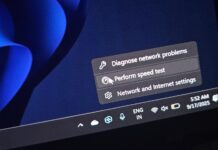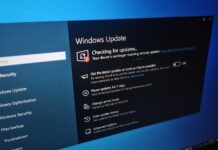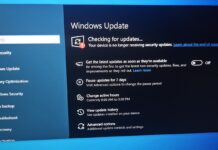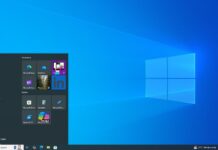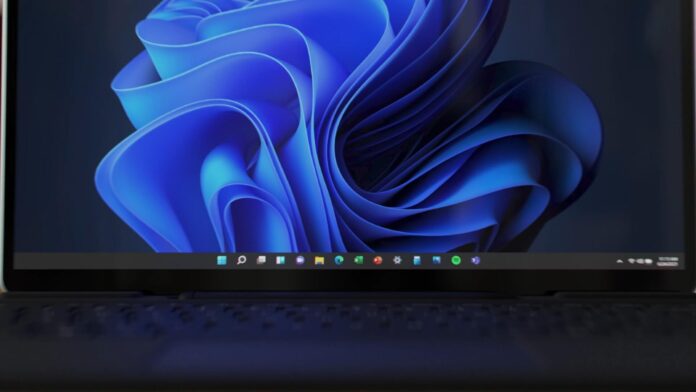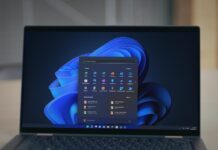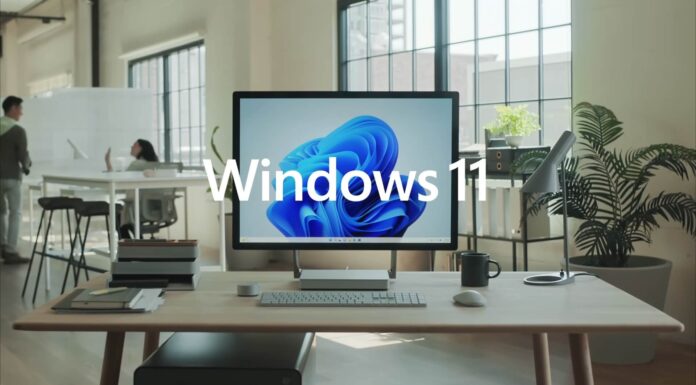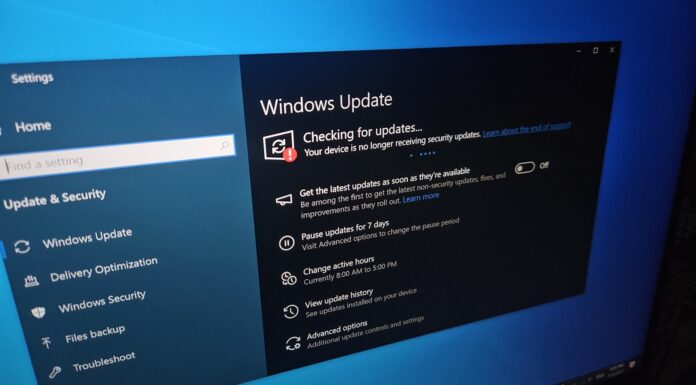Microsoft is urging OEMs to ensure Windows 11 can correctly identify USB hardware issues and notify users when the PC is charging slowly or data is not transferring as fast as it should.
Microsoft maintains transparency, and it often releases advisories for OEMs (PC makers) publicly. As spotted by Windows Latest, Microsoft internal tests found that some OEMs mislabel a Type-A port as Type-C or vice versa.
While a casual consumer may not really notice the difference, it leads to unexpected performance. It also means Windows 11 won’t be able to correctly tell that there is a problem with the USB Type-C port. That happens when the USB Type-C port is internally labelled as Type-A, and Windows does not understand when to notify users.
Windows 11 24H2 offers improved USB Type-C error reporting
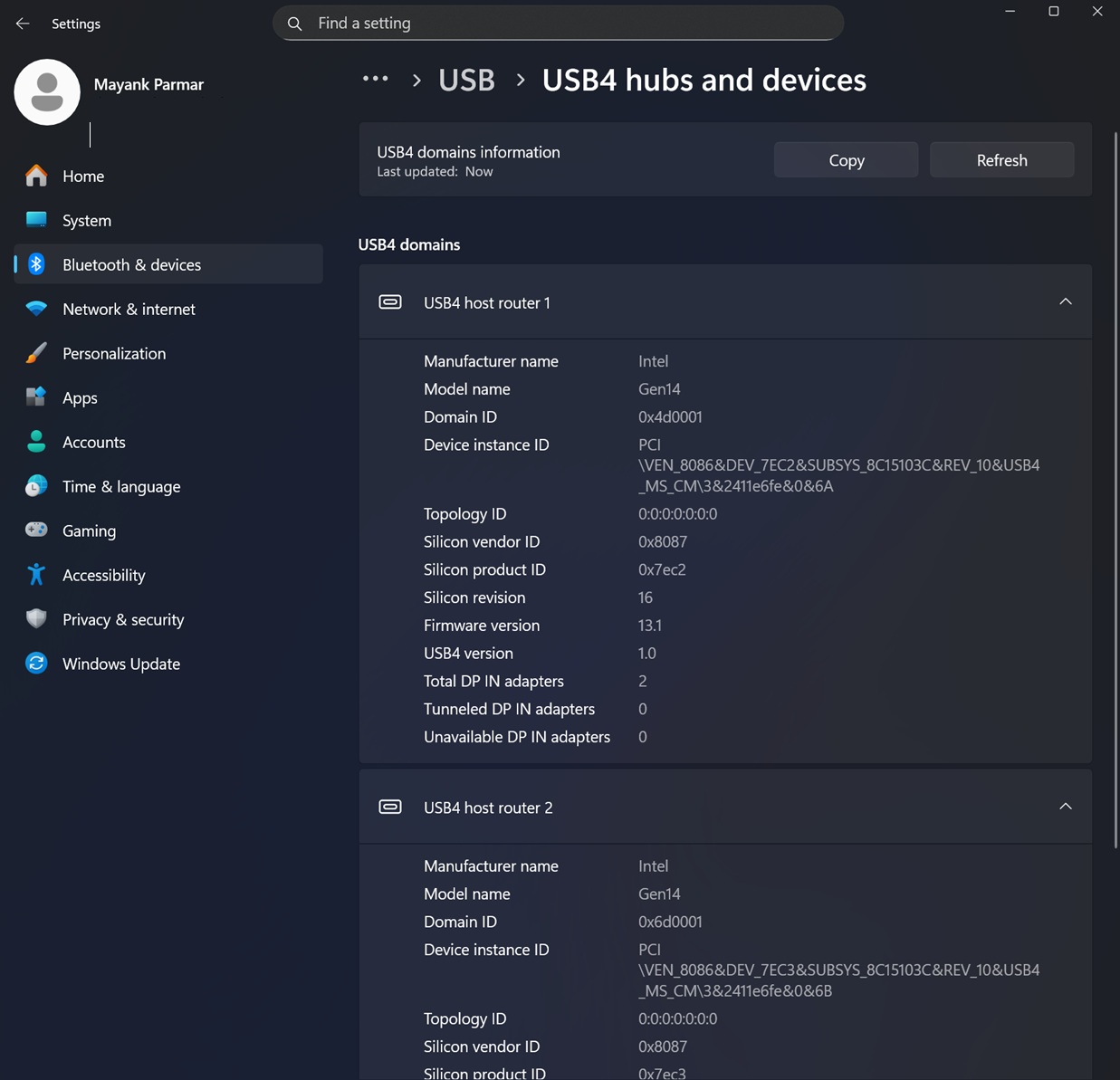
More recent Windows updates, such as the Windows 11 version 24H2, improve USB Type-C reporting, so if your device is charging slowly or you’ve attached an unsupported accessory, Windows can identify the error and send a toast notification.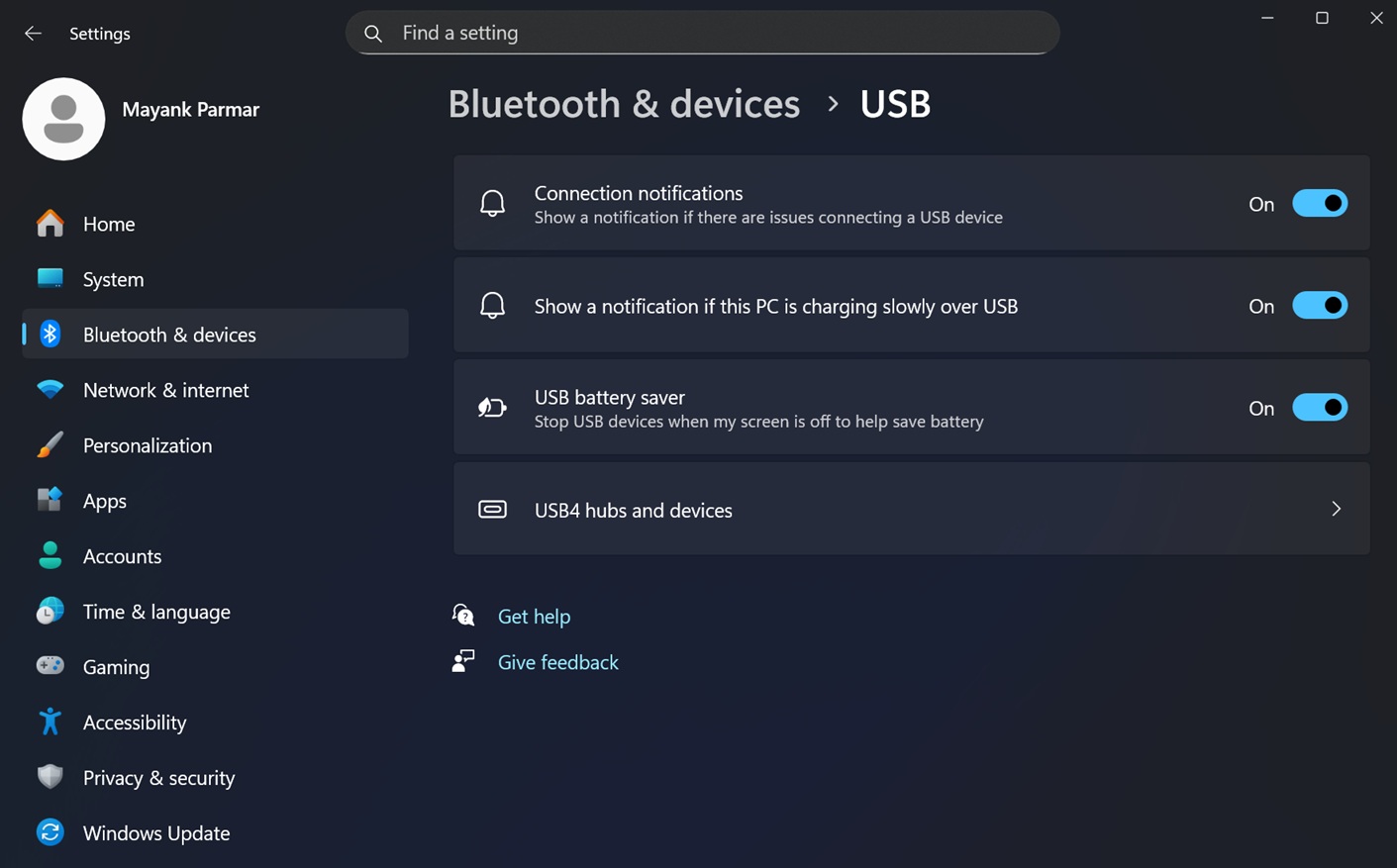
As you can see in the above screenshot, if you go to Bluetooth & Devices settings, and then open the USB page, you’ll find toggles for USB connection-related issues. For example, there’s a toggle that allows Windows to show alerts when the PC charges slowly over USB.
It’s also possible to block USB devices when the battery saver is turned on or Windows is trying to save battery. This can prevent USB-connected phones from charging.
But that’s not all. Windows Latest found that Windows has a full-fledged mechanism to identify when the USB connection is faulty, so you know the issue is not with the operating system. But these features may not work when an OEM has shipped the device with missing or incorrect ACPI markup.
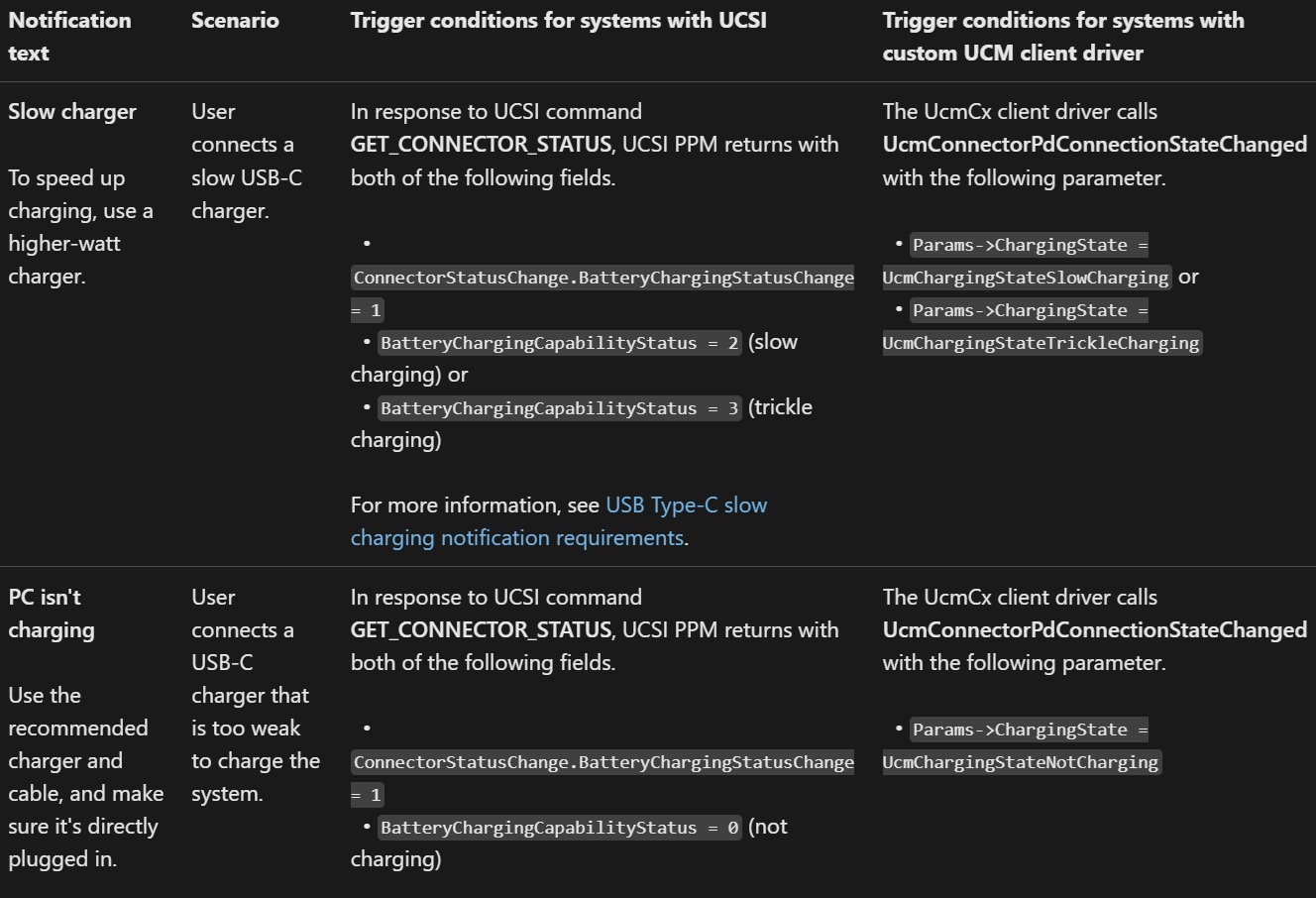
According to a support document, ACPI stands for Windows Advanced Configuration and Power Interface. It’s a driver that handles power management and plug-and-play features of the USB ports.
It’s all good when the port is set to “user-accessible.” If Windows ACPI identifies a USB Type-C port, but the driver notices that the port is not configured as user-accessible, either the port won’t work correctly all the time, or Windows won’t send you alerts when there are problems with the USB connection. In rare cases, it also leads to BSODs.
Last but not least, Microsoft’s internal tests found that OEMs also incorrectly mark a port as internal, which leads to fewer or zero notifications around the USB Type-C connection.
A port can be for internal hardware connections or external, and Windows does not send alerts for internal ports, which makes sense. But when a port designed for external use is marked as internal, it’s a problem because Windows would still not send the alerts. That’s because it’s being told that the port is for internal use only.
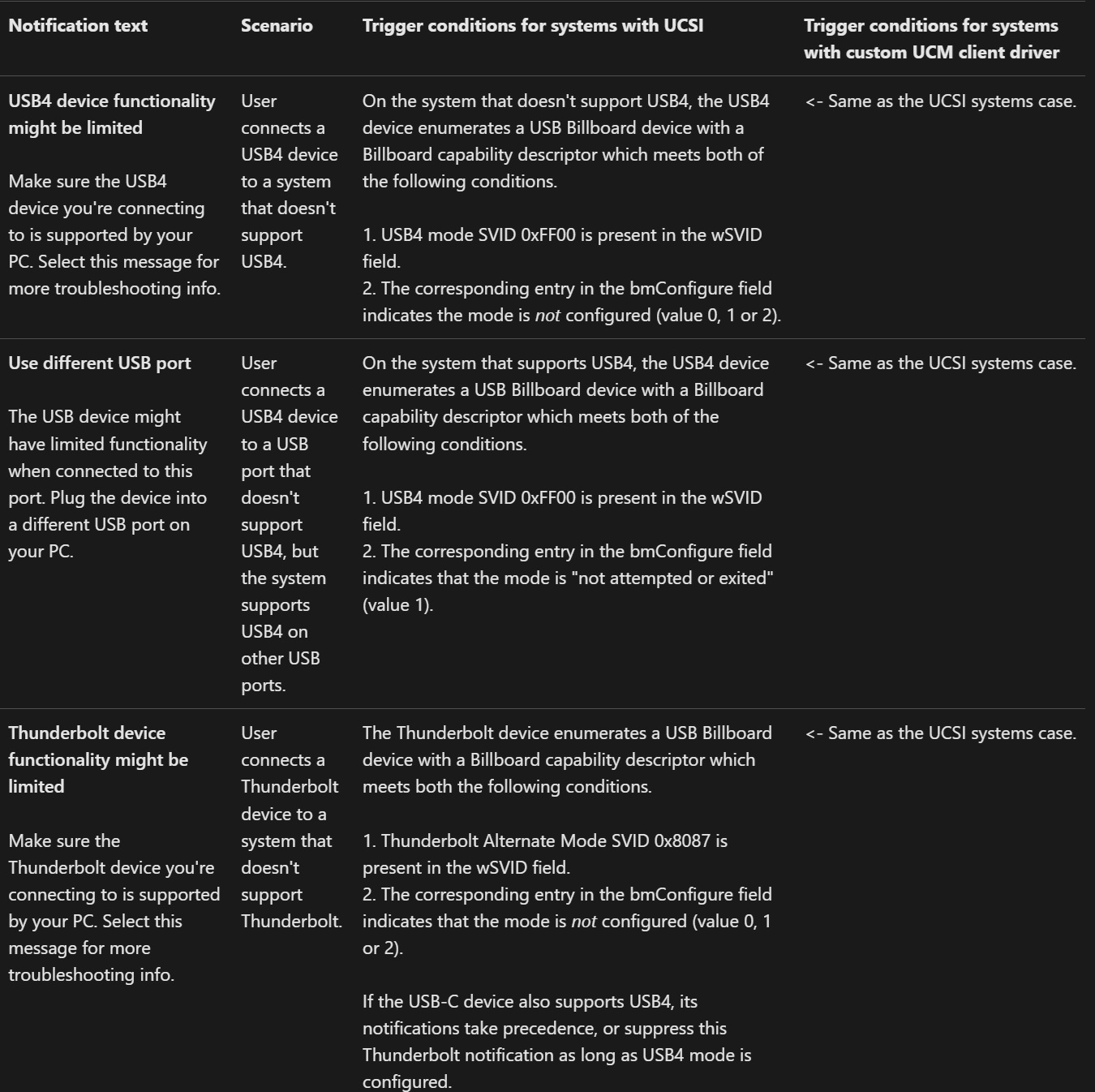
Microsoft wants OEMs to build high-quality USB Type-C ports
Microsoft is urging PC makers to use the Windows Hardware Lab Kit (HLK), which is an audit tool for driver testing, and to validate USB ports. If followed strictly, this could lead to fewer problems with USB Type-C connections and also allow Windows to correctly identify issues, including when your USB port is wet and should not be connected.
Microsoft also wants OEMs to test their USB ports under different “conditions,” including an underpowered adapter, so Windows can pick up those scenarios and correctly tell users that they need a new adapter.
Previously, Microsoft announced that OEMs need to level up the USB Type-C game and stop shipping devices with ports that do not really meet the industry standards. Now, we have a new announcement for USB Type-C notifications.
But the question is, how strict are these ‘enforcements’? We know OEMs are required to follow the rules now, but cheaper PCs, even those built by reputed PC makers, often have issues with USB. Could these recent ‘nudging’ from Microsoft finally improve the Windows hardware quality? Only time will tell..



